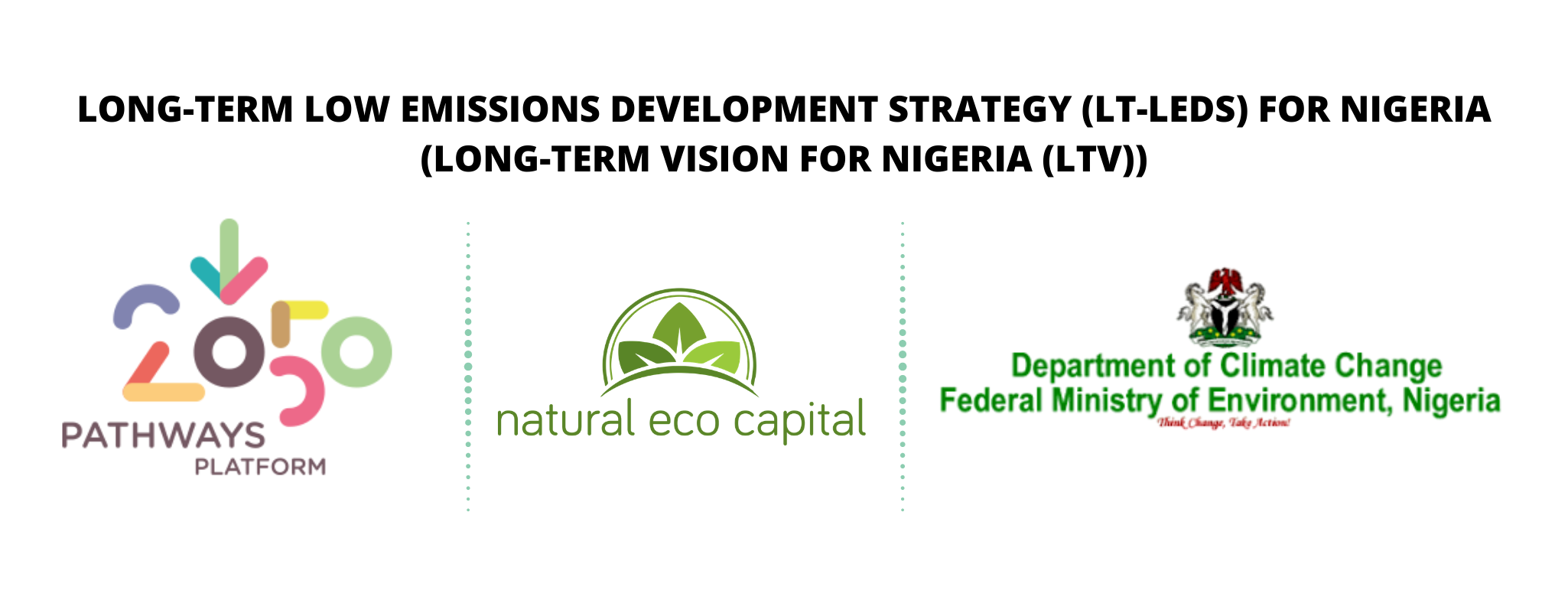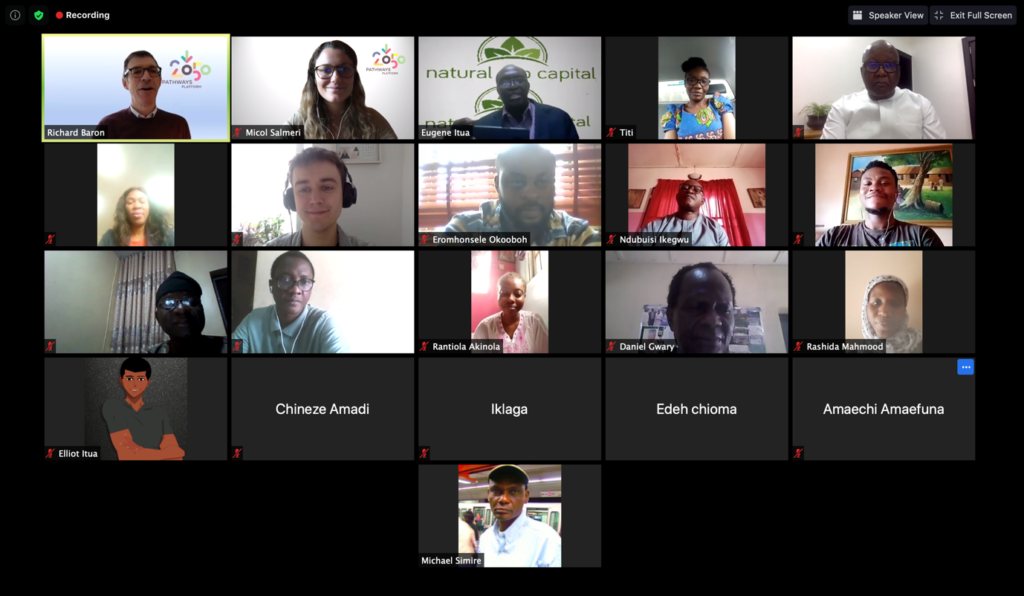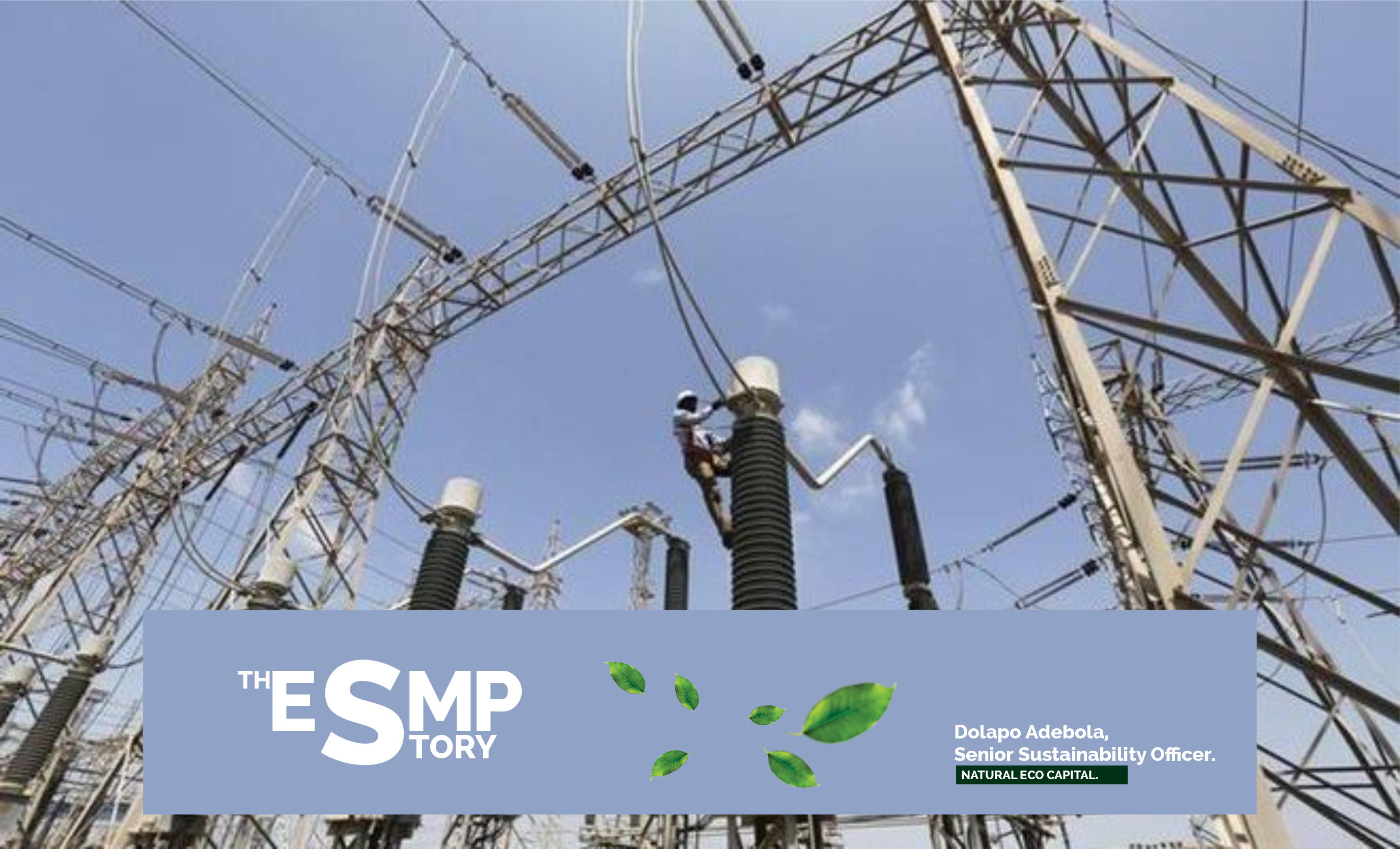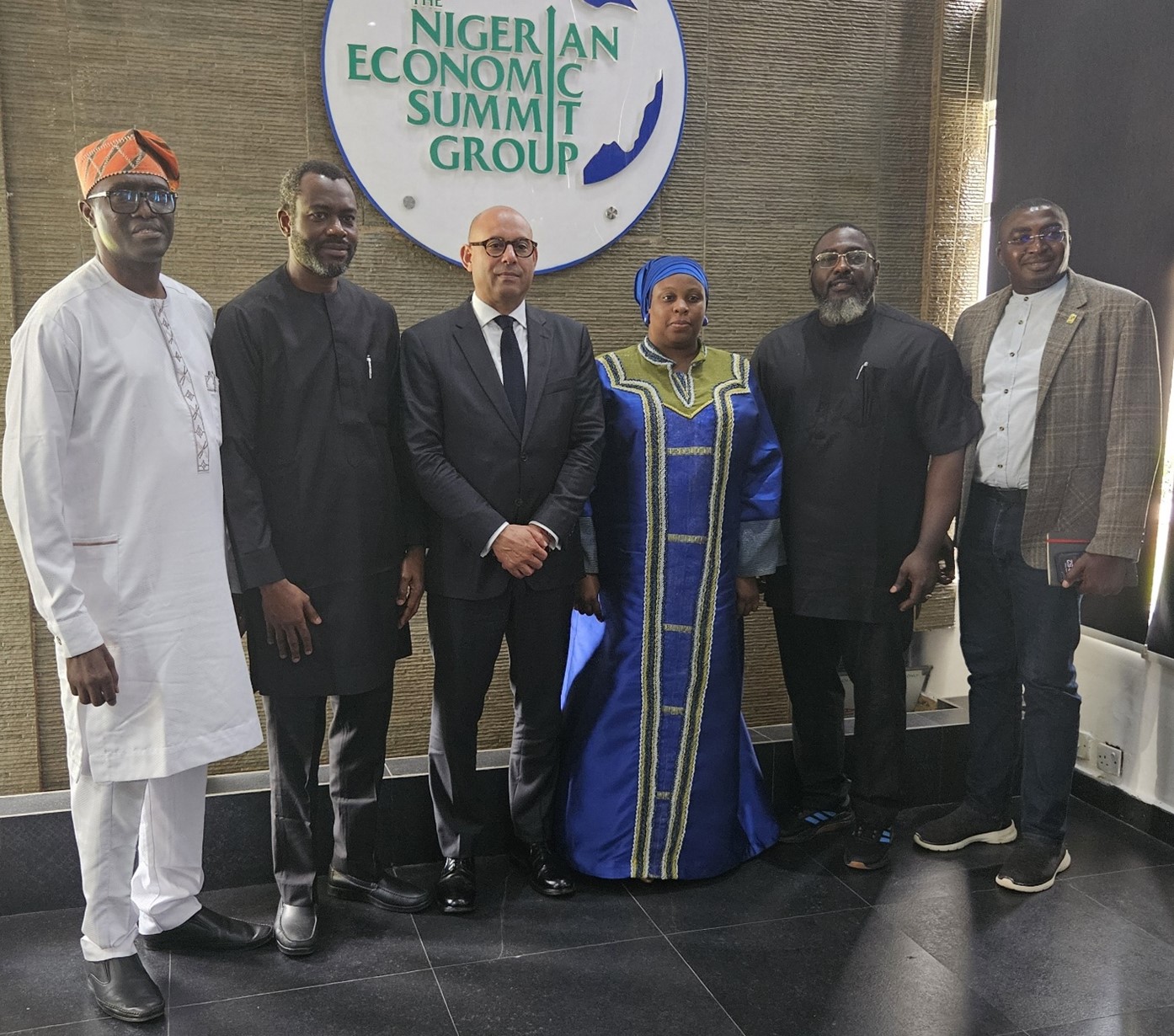
Nigeria has commenced moves to develop long-term low greenhouse gas (GHG) emissions policy in line with the 2015 Paris Agreement on climate change.

Some of the participants at the virtual inception call to develop Nigeria’s Long-Term (2050) Vision (LTV)
An inception call held virtually on Friday, October 2, 2020 signalled the start of the “Nigeria Long-term Vision to 2050 Project”, which will span nine months.
Sponsored by the 2050 Pathways Platform, the initiative is being implemented by Natural Eco Capital, in support of the Department of Climate Change (DCC) of the Federal Ministry of Environment.
The 2050 Pathways Platform is a multi-stakeholder initiative that was launched at COP22 in 2016 with the objective of supporting national governments in developing long-term, low-emission, and climate-resilient development strategies.
Besides developing a Long-Term (2050) Vision (LTV) for Nigeria, the project, according to Richard Baron, the Executive Director of 2050 Pathways Platform will likewise build a future work programme for completion of the 2050 long-term strategy identifying areas of further interrogations.
According to him, the tasks involved entail reviewing existing socio-economic development and sectoral long-term goals in Nigeria, developing the first version of the LTV, consolidate views from non-government organisations, develop the second version of the LTV, embark on online consultation on the second version of the LTV, and finalise the LTV and future workplan.
He further pointed out that the focus of the project should clarify where Nigeria wants to be in 2050, developmental aspirations and economic goals, as well as opportunities from the transition.
Baron further disclosed that 18 long-term low-emission development strategies (LT-LEDS) have so far been submitted to UNFCCC, while over 50 strategies were submitted by COP26.
On the expected output, Dr. Eugene Itua of Natural Eco Capital said: “Based on the research, we will prepare a briefing note on the key long-term goals for Nigeria including the following sectors: oil and gas, transportation, industry, agriculture, power and other relevant sectors.
He emphasised that the Long-Term Strategy (LTS) would not be ready in time to inform the revision of the nation’s Nationally Determined Contribution (NDC) to be resubmitted to the UNFCCC in 2020, as mandated by the Paris Agreement.
“But the intention can be made known to (better) inform medium-term targets in NDCs and short-term actions in future revisions going forward,” Itua stated.
With Itua as the project coordinator, the strategic support team includes four analysts, two capacity-building experts, four research assistants, a gender expert, publicist, survey management expert, stakeholders’ management expert, climate change specialist, an expert on governance, adaptation and mitigation reviewers, as well as governance, modelling and disaster risk management experts.
Credit: Environewsnigeria

